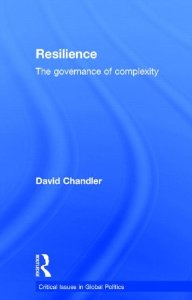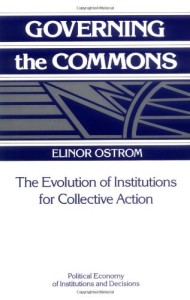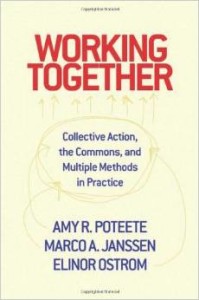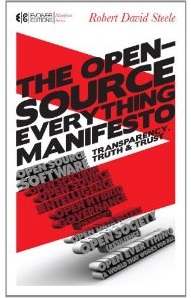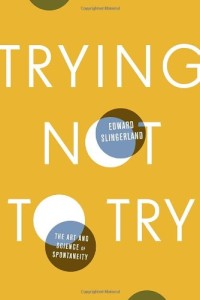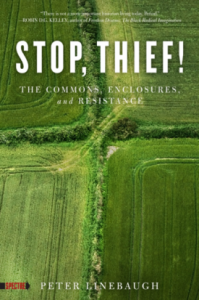
Peter Linebaugh
5.0 out of 5 stars David Bollier's Review is Better, This Is My Attempt, April 21, 2014
I was very impressed by David Bollier's review of this book at his web site (look for < “Stop, Thief!” – Peter Linebaugh's New Collection of Essays > and am encouraging him to port that excellent review here to Amazon. Indeed, after working my way through the book myself, I consider myself unable to do proper justice to this deep work that integrates history, poetry, political economy, anthropology, and sociology among other disciplines. Hence I hope others will write substantive summary reviews and I again recommend Bollier's review above.
Three thoughts keep recurring as I went through this book of original current essays and presentations:
01 Holy Cow. This guy is DEEP and BROAD in terms of arcane as well as popular sources, delving down into little known poems, essays, public statements, etcetera. This book is the one book version of the Durant's Story of Civilization applied to one topic, the commons.
02 Holy Cow. This is what my top political science professor was trying to explain when I was in college in 1970-1974 – yes, a half century ago — and I was just not smart enough, patient enough, to appreciate it.
03 Holy Cow. This book is not just subversive, it does a magnificent job of head slapping every politician, economists, talking head, and other pretender who presumes to talk about public welfare without for one instant understanding that wages are a form of slavery and disconnection of humanity from everything else. Lionel Tiger makes related points in The Manufacture of Evil: Ethics, Evolution and the Industrial System but this book — if you focus and do not get lost in the poetry and minutia of exemplar citation — beats the commons versus capitalism drum along every possible note on the musical scale.
Among my high-level notes:
Continue reading “Review: STOP, THIEF! The Commons, Enclosures, and Resistance”

